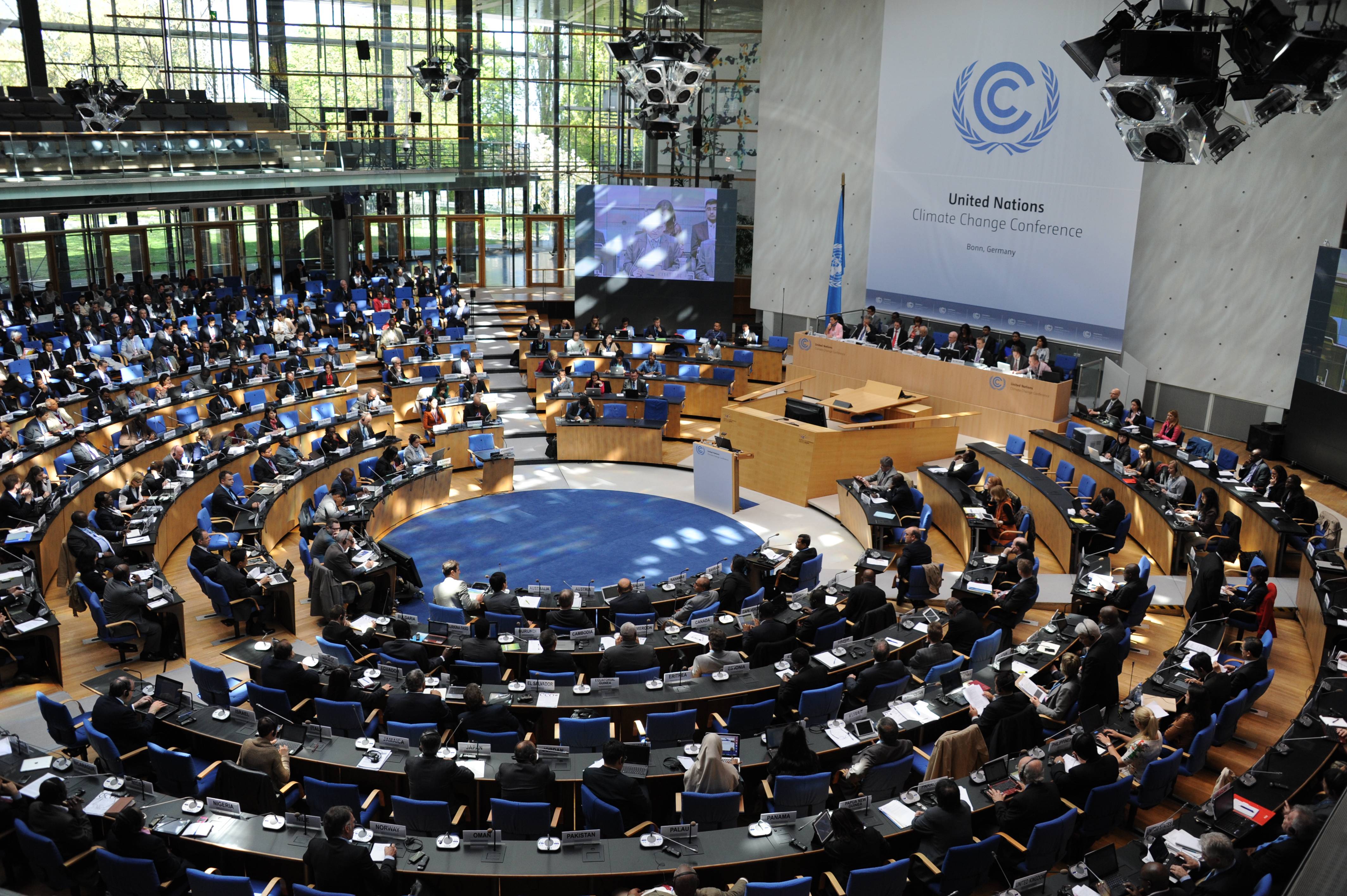
The June UN Climate Meetings are critical preparatory meetings to help lay the groundwork ahead of the COP29 UN Climate Change Conference in Baku, Azerbaijan, in November. Formally called the 60th meetings of the Subsidiary Bodies, they focus on technical and scientific matters, as well as implementation of the climate treaties. During the June meetings, delegates and experts will work to make progress on climate finance, strengthened resilience against worsening climate impacts, transparent reporting to enable stronger climate action and boosting ambition for national climate plans. The recommendations made during the June Meetings will significantly inform decisions made at COP29.
On June 08, 2024, in Bonn, Germany, the EU SWITCH-Asia Policy Support Component (PSC) together with the Climate Action Network South Asia (CANSA) organized a side event at the venue of the 60th Session of the Subsidiary Bodies (SB60) of the United Nations Framework Convention on Climate Change (UNFCCC). This was organized as part of the ongoing Technical Advisory (TA) on “Sustainable Consumption and Production (SCP)-linked Nationally Determined Contributions (NDC) - Identifying Opportunities to Capitalize Synergies” in South Asia. The event was attended by the negotiators, observers and delegates for the UNFCCC SB60.
Inaugurating the side event Mr. Sanjay Vashist, Senior Expert of SWITCH-Asia PSC and Executive Director of CANSA stated Sustainable Consumption and Production (SCP) is a holistic approach addressing the triple planetary crisis and promoting quality of life for all. It emphasizes strong interdependency between production and consumption of materials and its impact on climate change offering strategies for doing more with less. The Global Stocktake (GST) decision at COP 28 mandates countries to submit revised NDCs in next 2 years by COP30, which is an opportunity to work towards integration of SCPs into NDCs to enhance the ambition and harmonize resource use efficiency and climate change.
Ms. Tenzin Wangmo, Expert of SWITCH-Asia presented the findings of the Technical Advisory in South Asia highlighting the potential for integration of SCP into climate actions by focusing, among other things, on actions of different industrial and service sectors.
Delegates from Bangladesh, Bhutan, Nepal and Pakistan made interventions at the panel discussion highlighting the opportunities and importance of SCP-Climate nexus in shaping their climate ambition.
“By 2030, Nepal aims to expand clean energy generation and adopt low emission technologies in brick and cement industries to reduce coal consumption and air pollution. The SCP approaches are crucial for us in pursuing our ambition” said Dr, Maheshwar Dhakal, Joint Secretary, Ministry of Forest and Environment, Government of Nepal. “Recognizing the importance of circulation economy, Nepal will formulate and implement nature-based tourism plans in at least five main tourist destinations by 2025,” he added.
“In Bangladesh the NDCs are currently focused on carbon intensive sectors, such as power, industrial and transport sectors, however there are plans to incorporate the principles of SCP by aiming for emissions reduction targets from sectors such as the brick manufacturing and ready garments industries, reducing food waste through strengthening supply chain of agricultural products,” said Dr. Mirza Shawkat Ali, Director, International Convention, Department of Environment, Ministry of Environment, Forest and Climate Change, Bangladesh.
Dr. Iftikhar Gillani, Additional Secretary, Ministry of Climate Change, Pakistan, added that “unsustainable consumption leads to issues like deforestation and water shortages, making SCP crucial for mitigating environmental risks. SCP offers benefits such as cost savings and job creation, aligning with economic development goals”.
“In its pursuit of gross national happiness for the present generations, Bhutan aims to diversify from heavy industries to promoting industries with higher value-addition and manufacturing products with cross cutting benefits in other sectors. Our ambition for Zero Waste Bhutan will focus on disposing over 80% of solid waste to the landfill is reversed to less than 20% by the year 2030 based on the principles of circular economy,” according to Dr. Pem Dorji Tamang, Environment Officer, Department of Environment and Climate Change, Ministry of Environment and Natural Resources, Bhutan.
For more information contact:
Ranga Pallawala, Climate Change and Environment Policy Expert, SWITCH-Asia Policy Support Component
Learn more here.
Banner photo credit: © UNclimatechange flickr


